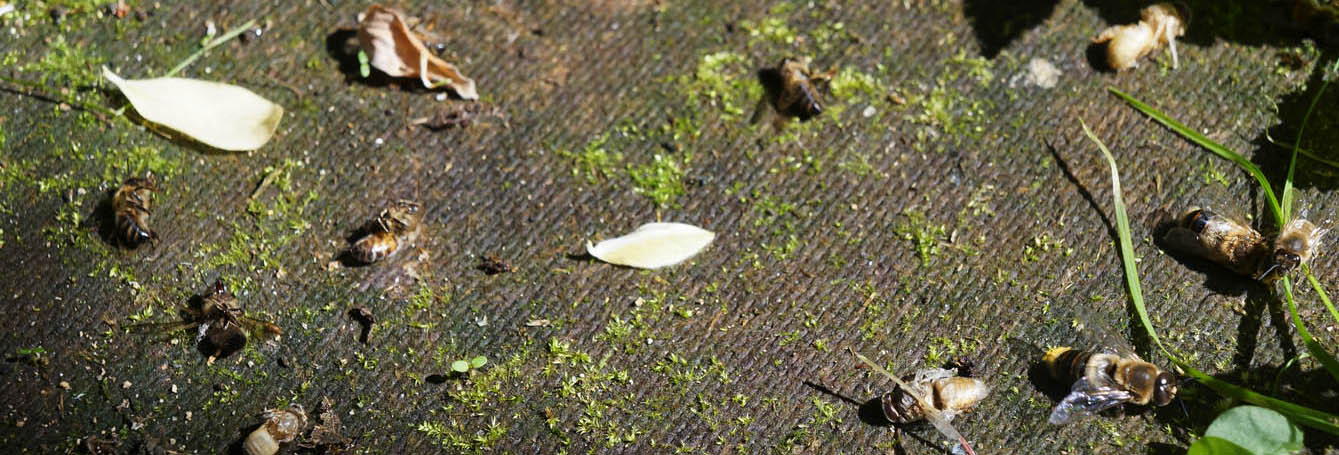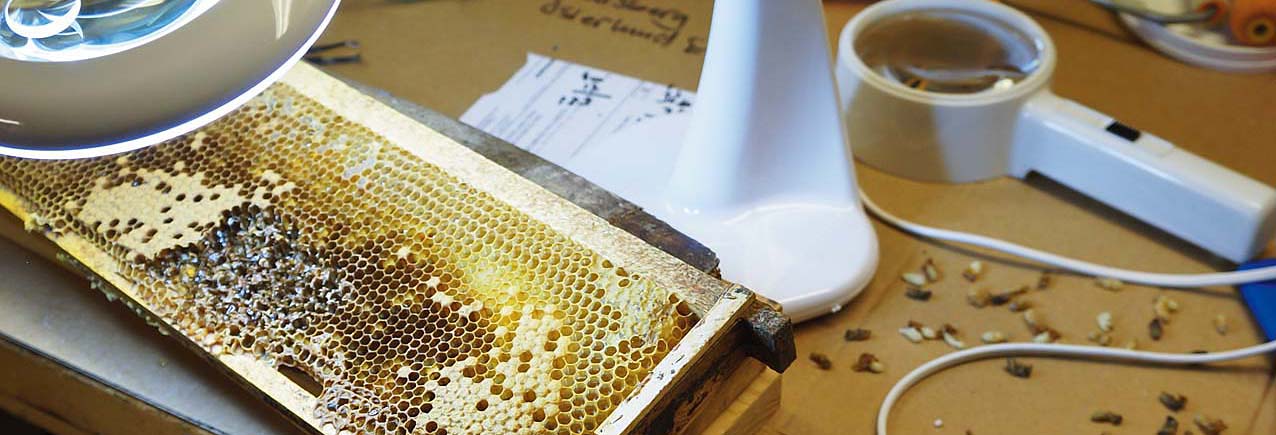I wrote about counting mites recently. Even if I don’t, others do, and sometimes it gives information that may help you make a decision. John Harbo mentioned when he lectured in Sweden in May 2013 that before choosing the method
Bee shaker


I wrote about counting mites recently. Even if I don’t, others do, and sometimes it gives information that may help you make a decision. John Harbo mentioned when he lectured in Sweden in May 2013 that before choosing the method

Yes, do struggle for resistant bees. Don’t just talk about it! Or say an easy no, it’s impossible, or an easy yes: ”Just do like I tell you.” Tell me your success story. I tell you mine, well a part
I know it can be beneficial to count mites. But I don’t have the time. But those colonies I check for VSH, they will get figures enough to get the infection rate for mites in brood. (But I just check
Mites spread easily to other bee colonies. Sometimes though this seems not to be of great importance when designing tests or setting up areas for developing mite resistant bees. Sometimes one can wonder why ’control colonies’ in tests are placed
Progress is accomplished by people devoted to find solutions to problems and make life easier for all of us. When people are dedicated for a task, we should be grateful and try to help if possible. Sometimes though it may
Rüdiger Dietrich’s comment is so good I made it into a post of its own as well. Thanks Rüdiger! As a German I have of course to answer to Eriks contribution “Breeding for Varroa resistance: Germany versus USA”…:-). When commenting
In my former post I wrote: “When I first read that bees don’t uncap and clean out drone pupae, as they do of different reasons with worker pupae, I was a little bit surprised as I saw it ‘all the

When I first read that bees don’t uncap and clean out drone pupae, as they do of different reasons with worker pupae, I was a little bit surprised as I saw it ‘all the time’. Then I read it another
Randy Oliver in Sweden 8 Dec 2013 7-8 December, Randy Oliver California USA, Steve Pernal Canada and Mark Goodwin New Zealand had a workshop on parasites and pathogens, mainly Varroa and American Foulbrood. Mark Goodwin with the help of video

The other day I received Imkerfreund 12-2013 in my postbox. In this issue of the German bee magazine I found an interview with the scientist leading a varroa breeding project involving beekeepers. It’s a project that has made some progress.